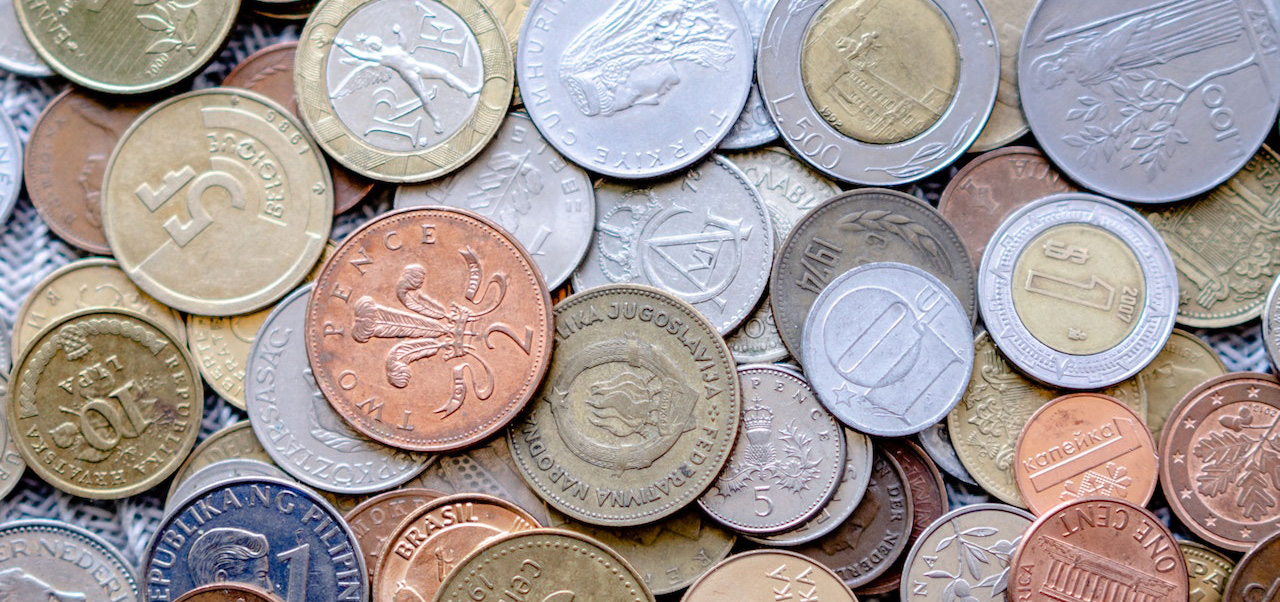Numismatics—coin collecting—explores history, art, and culture. It illuminates the ages, civilizations, and events that impacted our globe. Coins allow collectors to discover other cultures and places, and historical eras. Coin collecting originated in ancient Rome when people collected coins for their historical and aesthetic worth. Scholars and artists like Petrarch and Lorenzo de’ Medici revived coin collecting in the Renaissance for its worth and historical significance.
Historical coins reveal civilization and culture. They disclose political narratives, track economic progress, and help academic study. Coins help date places, chronicle monetary systems, and prove historical claims. By protecting rare coins and sharing knowledge, coin collectors help preserve culture. They preserve coins that might otherwise decay or be lost, preventing cultural degradation.
Modern coin collecting began in the 19th century with coin auctions and numismatic associations to share information and grow collections. This era also introduced coin condition grading. Online forums, databases, and markets changed how collectors communicate, research, and buy coins. Forums shows, and social media sites linked coin collectors worldwide. This cross-cultural connection improves global diversity awareness and appreciation. Authenticity, forgery, and cultural ownership are always important issues to be aware of. The future of coin collecting will emphasize historical coins above their worth.
Coin collecting extends beyond value to explore history, culture, and art via objects. Starting with ordinary coins and increasing, it can fit any budget. Researching the coins’ historical background is crucial, and the 1933 Double Eagle gold coin is the most valuable ever collected. Some collectors acquire coins for their beauty, while others seek historical significance. Coins represent the socio-political milieu of their period, not only cash. Over millennia, coin designs have reflected cultural ideals and social forces.
Coin collectors frequently find coins that reveal forgotten civilizations and historical events, increasing our understanding of the past and preserving precious relics. Coin collecting has a bright future because of technology that can verify coins, connect aficionados, and investigate history.
Aspiring coin collectors should focus, research, join the numismatic community, and understand the coins’ histories, according to experts. This beginner’s handbook gives novice coin collectors the information and confidence to start a fascinating journey through history, art, and culture.
Coin collecting is an intriguing pastime that transcends the times. To determine its intrinsic and extrinsic worth, you must understand your motives, such as history, design, or investment. Start by learning about numismatics, coin kinds, grading, and valuation. Focus on the era, culture, topic, design, or geographic area for your coin collecting. Start with focus-related coins that are accessible.
Create your collection through local coin shops and dealers, internet markets and auctions, coin fairs and expos, numismatic forums, and online clubs. Maintaining a valuable collection requires proper handling and storage, such as using gloves or holding coins by the edges, and coin preservation procedures.
For development and comprehension, establish a meaningful collection by being interested and patient. Rarity, quality, history, and demand affect coin value. Explore different cultures and history by collecting coins from other nations. Understanding coin grading helps collectors assess coin quality.
Coin collecting is a fascinating mix of history, art, and passion that may be rewarding. Collectors may make educated investment and hobby selections by knowing coin collecting’s intrinsic and extrinsic value. It shows world-changing civilizations, emperors, and events. Historical treasures and little works of art, coins are beautiful and culturally significant. Coin collection broadens knowledge across fields. Its inherent worth includes investment, social connection, and legacy building.
Coin collecting demands financial commitment, and market swings must be understood to make judgments. Personal worth in coin collecting is subjective, and motives and priorities can help decide it. Set a budget, study before buying, and pick coins that fit your collecting emphasis to avoid overpaying on coins. Rare and historically significant coins, especially in excellent condition, appreciate more. Setting aside a portion of your budget for coin collecting can help balance the joy of the activity and information acquired with financial goals.
Finally, coin collecting is a thrilling journey that blends history, art, and culture. It takes enthusiasm, study, and inquiry, but beginners may boldly start a numismatic quest that will enrich them and link them to the past. Coins reveal the history of civilizations, economics, and culture

